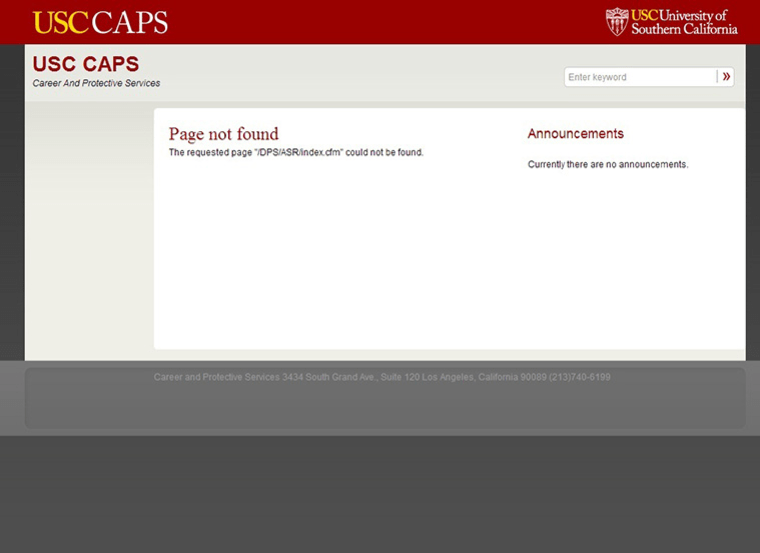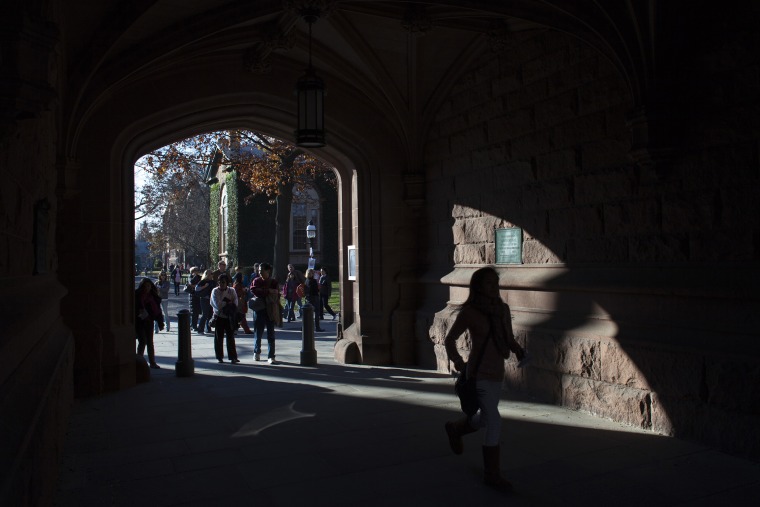The campus sexual assault crisis has drawn national attention in recent weeks, with the Obama administration and members of Congress pressing colleges and universities to crack down. But a group of activists is taking matters further, pressuring the Princeton Review, the nation’s most influential test prep and college admissions guide, to include the number of reported sexual assaults on campus in its annual ranking of colleges and universities
Some 200 rape survivors have signed a letter to the Princeton Review, while more than 36,000 members of the activist group UltraViolet signed a similar petition last week.
“Our members are making phone calls to Princeton Review to demand action,” said Nita Chaudhary, the co-founder of UltraViolet, the group who began the original petition. “We’ve logged over 700 phone calls, are very active on social media and are planning online advertising to target Princeton Review and from there we’ll see.”
There is also a growing movement, though disorganized for now, to persuade donors and alumni to withhold contributions to colleges or universities until the schools show progress in combating the sexual assault epidemic.
With alarming new research showing that one in five college women will be victims of sexual assault or attempted assault, the White House has released the names of 55 colleges and universities under federal investigation for their handling of sexual assault complaints. Some of the schools are globally known, like Harvard, Princeton, and the University of Southern California. While survivors applaud the move, they are looking for other high-profile ways to alert the public – and prospective college students – about the problems plaguing many campuses.
Jessica Skolnik is one of the rape survivors pushing for the Princeton Review to take action.
Skolnik was an 18-year-old freshman at Wisconsin’s Beloit College in 1997 when she was raped by an acquaintance. She didn’t alert campus authorities until five weeks after the incident, when she learned she was pregnant. The counselor she met with suggested mediation.
The counselor “wanted me to sit in a room with [my rapist] and talk it out,” Skolnik said. “This wasn’t something that could be talked out. It was a total shock to my system. I just wanted it to go away. It was so traumatizing.”
Skolnik opted out of the rape investigation after one mediation session where she was forced to sit face-to-face with her attacker. She’d planned to terminate her pregnancy but ended up miscarrying. Skolnik left Beloit and transferred to a college in Baltimore where she started a support group for survivors of sexual assault.
The Princeton Review issued a statement Thursday to msnbc saying that they feel the “campus safety” portion of their website is adequate and adds there are links to give information on each school’s safety record.
But a review by msnbc of the Princeton Review website appears to contradict that statement. Of the 378 colleges and universities listed as "best" by the Review, 131 had broken links to campus security information or had no links at all. Fifty-one of the links take users to a web page unrelated to campus safety.
Of the 55 schools under federal investigation and that also appear on Princeton Review’s top 378 list, there were broken links or no website listed for 17 of them.

The Princeton Review lists Harvard’s campus safety section as “not reported,” though the university does have a webpage for its campus police department that users can search for independently. The Review does provide a link for more information on the University of Southern California campus safety, but clinking on the link directs users to a “page not found.”
Then there's Dartmouth College, whose culture of drinking, hazing and sexual assault has become so pervasive that its president, Phil Hanlon, recently declared “enough is enough." The Princeton Review directs users to Dartmouth's department of safety and security where they can read a 2013 annual report on campus safety. There is no mention of the so-called sexual assault epidemic.
Dartmouth has a separate website containing information on sex assaults, reported sex crimes, and the college’s protocol for handling reports, but it can be difficult for users to find if they’ve come from the Princeton Review site.
The publicity around Dartmouth’s sexual assault crisis has been taking a toll on the Ivy League campus: last year, applications dropped by more than 12%, while comparable schools saw applications surge.
Beloit College, where Skolnik was raped, did not keep any record of her attack. The school did respond to an msnbc inquiry, writing “We take reports of sexual assault very seriously. It is our commitment and duty to enforce these policies, as well as to educate our community about them, our non-intoxicated, verbal, mutually understood ‘Yes’ standard, personal safety best practices, and the resources and reporting options available to victims.”
